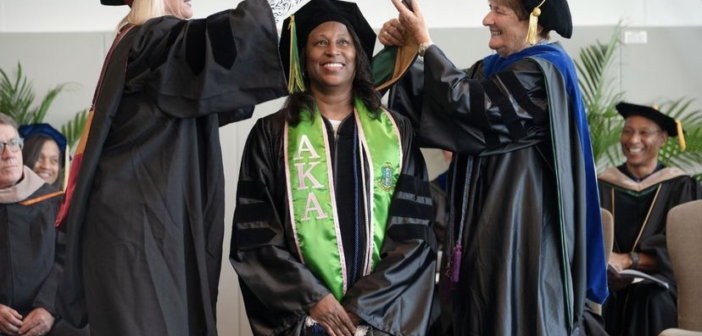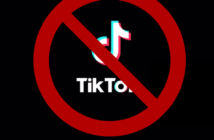Asha Henfield, Contributing Writer
The educational system of the United States and its neighboring nations rely on many important factors to ensure success. Several aspects contribute to their advancements.
For example, cost, accessibility, and the availability of additional resources all play a crucial role. How the American educational system compares to those in other nations is evaluated by these factors, which one can use to decide on possible areas for improvement.
Many individuals know that the U.S. educational system comprises public, private, and charter school systems. Due to the widespread acceptance of the K–12 educational system, there are many more opportunities for higher education.
The expense of education is a problem in the U.S., particularly for higher education. According to an article by The Economic Times, “In general, tuition fees in the United States tend to be higher than in Canada, with private universities and out-of-state public universities being the most expensive. Looking at an average cost of a student studying in the U.S. would be approximately $70,000; but the cost for students studying would [only]be 60,000 CAD.”
The United States offers students in need free or heavily discounted meals and transportation. According to an article by the National Center for Homeless Education, “State and local child nutrition program administrators, school cafeteria managers, state coordinators for Education for Homeless Children and Youth (EHCY) programs, and local homeless education liaisons [are]able to provide effective services for children and youth experiencing homelessness that will enable them to have access to food.”
Even while these programs aim to mitigate financial struggles, they usually still face difficulties and may not be able to help all students who require assistance. Some countries, like Finland, have formed support systems to provide daily necessities like food and transportation, contributing to a positive learning atmosphere.
Several actions could be taken to improve the U.S. education system. For example, boosting the government’s financial support for low-income institutions, better resources and curriculum improvement, and free tutoring options to improve testing scores. It’s critical to update and diversify curriculums to match contemporary demands regularly.
Enhancing professional development for teachers will guarantee that they have the required skills. Addressing educational disparities and concentrated initiatives to decrease the achievement gap among minority students and underserved communities is vital. Changes to improve higher education’s availability and cost for an increasing number of students are also needed.
Some students praised the diversity and resources offered in the U.S., while others voiced worries about the price tag and educational gaps. Their observations highlight how challenging it is to evaluate the American educational system globally. Samantha Khan, a Trinidadian student at Saint Leo University majoring in biology, shared some thoughts.
“The diversity of the American educational system is astounding, and those who can receive it have access to a wealth of resources. [However], for some students, cost may be prohibitive and restrict their options,” Khan said.
Global education system comparison is challenging since it incorporates many variables and distinct cultural contexts. It is critical to identify strengths and areas that still need work. The United States can gain insights from various global education approaches and neighboring nations. The goal of having a better-funded, diverse, and equal educational system is still worthwhile. Until the United States accepts these challenges and implements the necessary changes, it will not be able to ensure that every student has access to a top-notch education and the opportunity to flourish internationally.





